In 1994, a worker accidentally discovered that the steps of an ancient tomb were constantly making noise while cleaning at the Thien Tu mausoleum in Tu district, Ha Bac province.
Whenever someone passes by, the stairs make a sound like dripping water.
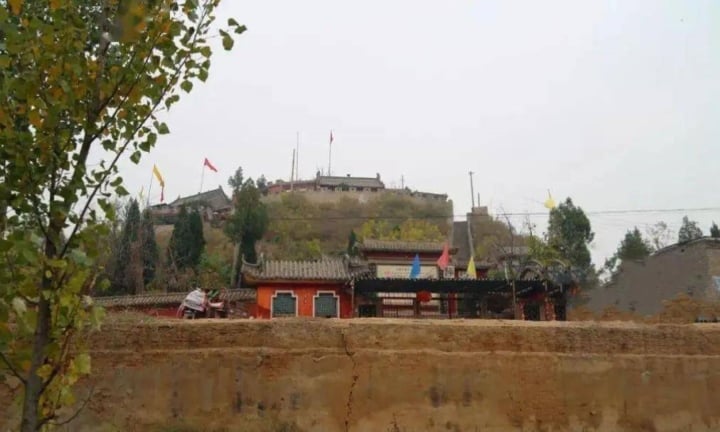
The ancient tomb often makes strange noises. (Photo: Sohu)
The Tomb of the Emperor is the burial place of Emperor Xiaojing of the Eastern Wei Dynasty. According to history books, he was talented in both literature and martial arts, and was a man of high moral character, but did not leave any great achievements in history, because from the beginning he was a puppet emperor.
After people discovered the strange sound of the stairs in the tomb, they all found it hard to believe. Some people even speculated that this could be the thousand-year-old curse of resentment left by Emperor Xiaojing.
Many rumors were created and quickly spread in the area, causing a stir in the whole area. Many people even traveled to the place to verify this strange noise for themselves.
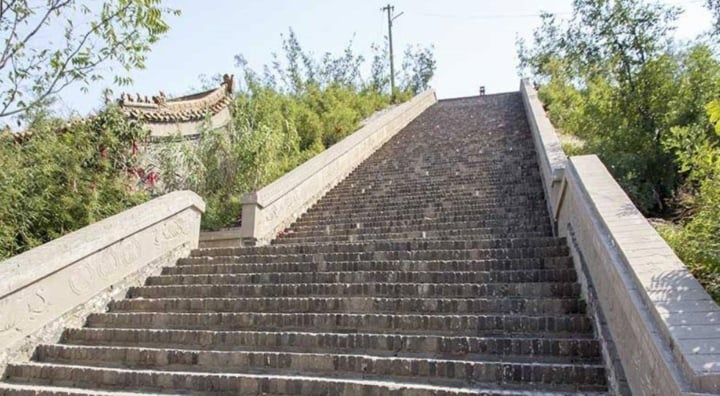
The stairs make a sound like dripping water (Photo: Sohu)
This also attracted experts to come to the site to study and research. After studying, they quickly revealed the mystery of the sound of running water on the stairs.
First, the expert confirmed that the noise had nothing to do with Emperor Xiaojing. In terms of the stairs' specifications, it had a total height of about 23.9 meters, a width of about 5 meters, and a total of 109 steps.
The bricks that make up the steps have not been polished, the surface is rough. The angle between the steps and the ground is about 50 degrees, distributed relatively evenly, forming many surfaces that reflect and refract sound waves uniformly.
The sound of footsteps of many people walking up the stairs of the Emperor's mausoleum is a special physical phenomenon. It may be just a coincidence of many factors that creates the sound like flowing water drops.
After experts explained the strange sound made by the stairs, tourists from all over the world became more and more interested in the stairs of Thien Tu Mausoleum. Many people wanted to come here to witness and experience the magic of these stairs with their own eyes.
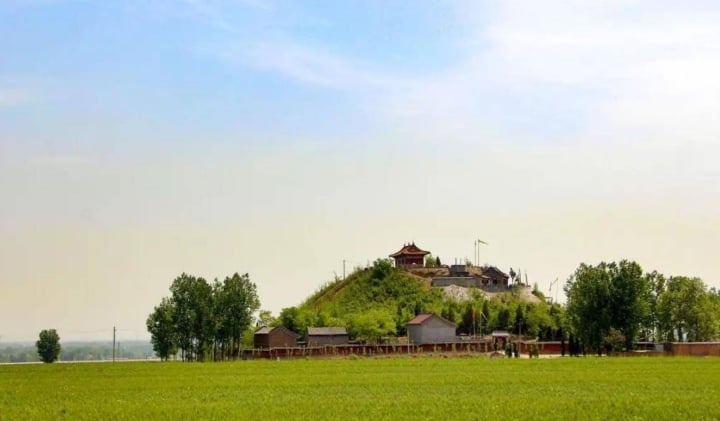
(Photo: Sohu)
Especially on China's National Day, the number of people flocking here increases many times. Today, the Mausoleum of the Emperor has become one of the national key cultural relics that is managed and protected.
Thu Hien (Source: Sohu)
Useful
Emotion
Creative
Unique
Source


![[Photo] Prime Minister Pham Minh Chinh chairs meeting on science and technology development](https://vphoto.vietnam.vn/thumb/1200x675/vietnam/resource/IMAGE/2025/5/17/ae80dd74c384439789b12013c738a045)
![[Photo] More than 17,000 candidates participate in the 2025 SPT Competency Assessment Test of Hanoi National University of Education](https://vphoto.vietnam.vn/thumb/1200x675/vietnam/resource/IMAGE/2025/5/17/e538d9a1636c407cbb211b314e6303fd)



![[Photo] Readers line up to visit the photo exhibition and receive a special publication commemorating the 135th birthday of President Ho Chi Minh at Nhan Dan Newspaper](https://vphoto.vietnam.vn/thumb/1200x675/vietnam/resource/IMAGE/2025/5/17/85b3197fc6bd43e6a9ee4db15101005b)


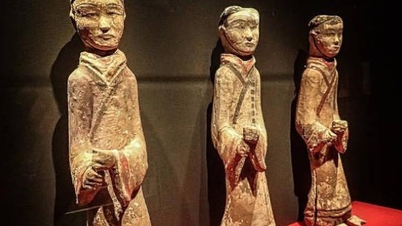

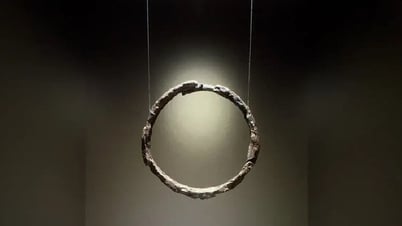
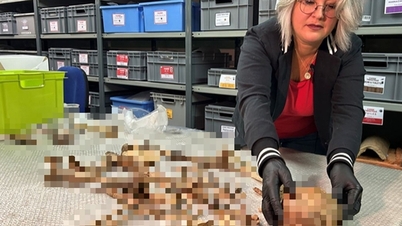





















![[Photo] Nearly 3,000 students moved by stories about soldiers](https://vphoto.vietnam.vn/thumb/1200x675/vietnam/resource/IMAGE/2025/5/17/21da57c8241e42438b423eaa37215e0e)























































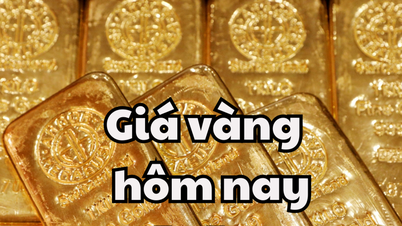
















Comment (0)